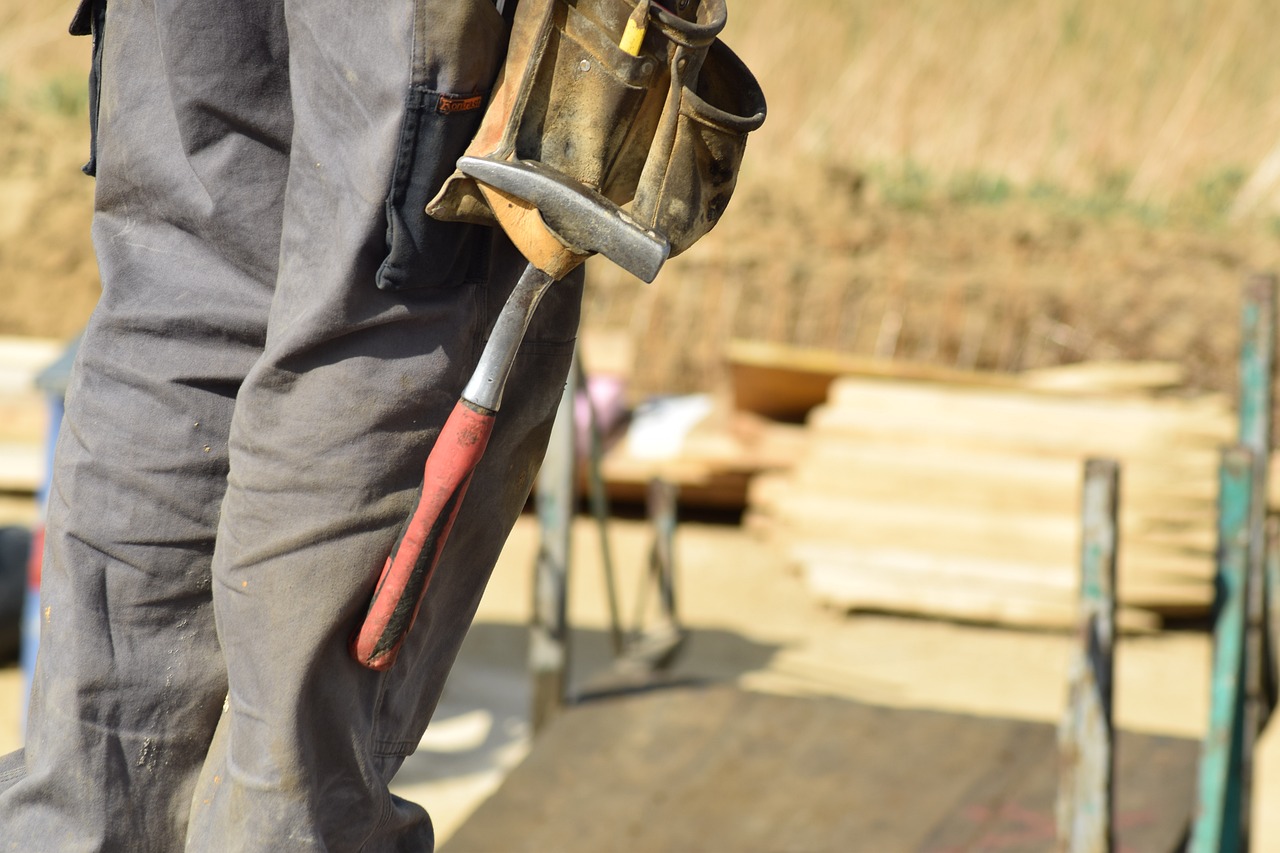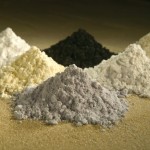As temperatures soar during a heatwave, the effects can reach far beyond just making us feel uncomfortably hot. In fact, heatwaves can have significant impacts on the economy. They can affect various aspects of daily life and potentially causing financial strain.
Did you know?
- Falling productivity caused by extreme high temperatures could already be costing India 5.4% of its GDP.
- Extreme heat could ultimately lead to a 15% decline in "outdoor working capacity", reduce the quality of life of up to 480 million people and cost 2.8% of GDP by 2050.
- A study reveals alarming effects of extreme heat in northern India. Since 1992, over 24,000 deaths have occurred, alongside increased air pollution and accelerated glacial melt.
- As much as 90 percent of India’s total area now lies in extreme heat danger zones and the country is not fully prepared.
Let's explore how heatwaves can impact the economy and provide some practical tips on how to save money during these challenging times.
1. Agriculture and Food Prices
One of the most direct impacts of a heatwave is on agriculture. High temperatures and drought can damage crops, resulting in lower yields and reduced harvests. This reduction in agricultural productivity can cause food prices to rise, affecting everyone, especially those with limited financial resources. To save money during a heatwave, consider buying local and seasonal produce, which may be more affordable than imported or out-of-season items.
2. Energy Costs
During a heatwave, the demand for electricity often spikes as people rely on air conditioning and fans to stay cool. This increased demand can put pressure on energy grids, leading to higher electricity prices. To save money on energy costs, try to limit the use of air conditioning by using fans, closing curtains or blinds to block out the sun, and using energy-efficient appliances. Additionally, consider using electricity during off-peak hours when rates may be lower.
3. Health Expenses
Heatwaves can also lead to health-related expenses, particularly for those who suffer from heat-related illnesses such as heatstroke or dehydration. Medical bills can go up quickly, especially for lower-income households with limited access to healthcare services. To save money on health expenses during a heatwave, stay hydrated, avoid prolonged exposure to the sun, and seek medical attention promptly if you experience any symptoms of heat-related illnesses.
4. Impact on Outdoor Workers
Outdoor workers including construction workers, agricultural workers, and street vendors, are particularly vulnerable during heatwaves. High temperatures can cause serious health risks for these individuals, leading to lost productivity and potential income loss. To support outdoor workers during a heatwave, employers should provide access to shade, rest breaks, and plenty of water. Additionally, workers should be educated about the signs of heat-related illnesses and encouraged to take appropriate precautions.
5. Transportation Disruptions
Extreme heat can also lead to transportation disruptions, such as buckling roads, melting railway tracks, and flight cancellations. These disruptions can result in delays, additional expenses, and lost productivity for commuters and businesses alike. To save money during transportation disruptions, consider carpooling, using public transportation, or telecommuting if possible. Planning ahead and staying informed about any potential disruptions can also help minimize financial impact.
While heatwaves can have significant economic impacts, there are ways for individuals and communities to mitigate these effects and save money. By being proactive and taking precautions to stay cool, hydrated, and informed, we can help protect our finances and our well-being during periods of extreme heat. Remember to prioritize safety and health above all else, and don't hesitate to seek assistance if needed. Together, we can weather the heatwave and emerge stronger and more resilient than ever before.








